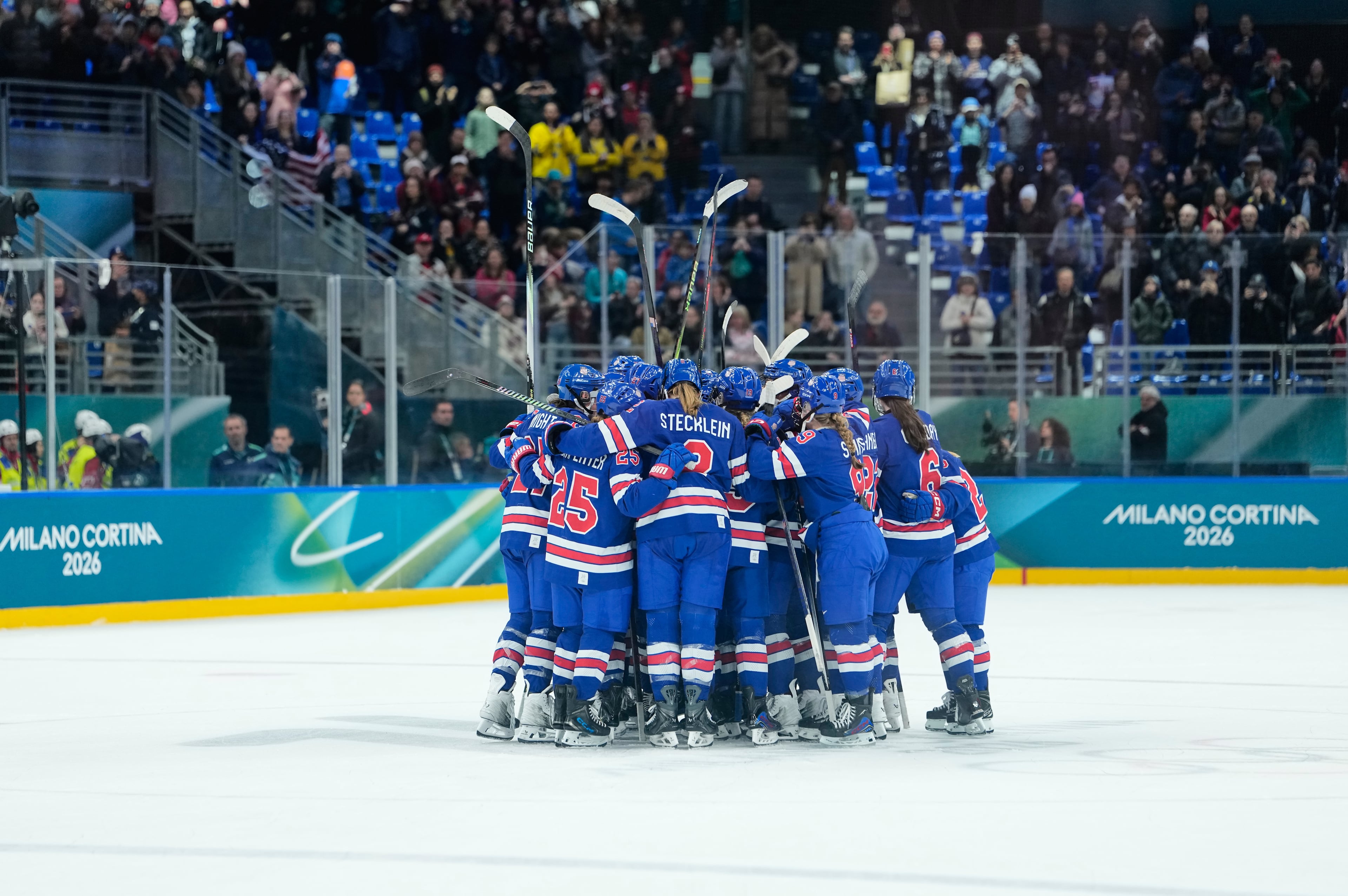ACC ticket, once toughest in sports, changes with times
The ACC basketball tournament has long ranked among the toughest tickets in sports. In fact, in 1983, this newspaper ranked it as the toughest, ahead of the Masters and the Kentucky Derby.
But demand for ACC tournament tickets cooled in recent years.
In 2009, when the tournament was played at the Georgia Dome, tickets were made available to the general public for the first time since 1966. And while that could be attributed in part to the massiveness of the Dome, about 2,000 tickets went unsold when the tournament was played in 23,500-seat Greensboro (N.C.) Coliseum in 2010, prompting changes in how the league distributes tickets for its signature event.
As for this year’s tournament, which opens Thursday in 19,300-seat Philips Arena, several schools still had tickets for sale Wednesday — but “no more than a few hundred” tickets in total, according to Karl Hicks, ACC associate commissioner for men’s basketball. Any tickets that remain unsold will be available at Philips Arena starting Thursday, he said.
“My thought is that we’ll sell it out,” Hicks said Wednesday. “The ticket world has changed, but our event has proven to be resilient. And we’ve changed some things.”
For decades, ACC tournament tickets were distributed equally to the league’s schools and then gobbled up by donors and alumni who were offered the privilege of purchasing them. But in response to empty seats at the 2010 tournament, the ACC changed its procedure so that some schools receive more tickets than others, depending on demand.
“We wanted to make sure that schools that wanted more tickets, and ACC fans who wanted them, had the opportunity to get them,” Hicks said.
The ACC was pleased with how the system worked last year — the tournament sold out in Greensboro, Hicks said — and continued it this season.
Allotments ranged from about 600 to more than 2,000 ticket books per school, Hicks said, and books were moved from school to school as needed during the sales process in an effort to match supply with demand. A book includes tickets to each of the tournament’s 11 games and costs $396 for lower-level seats and $297 for upper level, although some paid-for tickets, particularly for first-round games that lack marquee teams, typically go unused.
“The ticket allocation that we’ve done ... is not something we ever would have done before,” Hicks said. “We’ve made a lot of other changes too, [such as] upgrading FanFest. In the world we’re living in today, you really have to deliver more; you have to be creative. That’s not just for the ACC; that’s also for the Masters and the Super Bowl and the U.S. Open and the Final Four.”
This season’s tournament follows a regular season in which the ACC’s average attendance declined for a fourth consecutive season to 9,632, down 2.5 percent from the 2010-11 season and down 12.2 percent from 2008-09. Nine of the league’s 12 teams — all except Duke, North Carolina and Virginia — posted declines in attendance this season.
“I think [the reasons for the declines] are multiple,” ACC commissioner John Swofford said. “We’re seeing some of this nationally. ... I think it ranges from the economy to the number of games on television. There is so much college basketball on television, including our own.
“And I think the success of, and the love affair with, the NCAA postseason tournament impacts the regular season to a degree because so much importance is put on the NCAA tournament.
“Too, in our league, we’ve got eight coaches with three years or less [in their current jobs], including four new coaches,” Swofford continued. “I’m really excited about where we’re going basketball-wise because of those coaches and what I see happening in those programs, but realistically we do have some programs that at times in the past have been very successful that at the moment are struggling a bit and transitioning. And the fact of the matter is that there is a correlation between attendance and competitive success at most schools.”
Another mathematically significant factor is the league’s expansion. The teams with the lowest attendance this season were 2004 addition Miami (4,248 per game) and 2005 addition Boston College (4,705).
Now it’s tournament time, and for all of the efforts to sell tickets in advance, many will change hands on the secondary market during the weekend.
As usual, many fans of teams that get eliminated will seek to peddle their tickets to fans of teams that advance. The ACC hopes metro Atlanta’s large number of alumni from many conference schools will keep Philips Arena’s seats occupied this weekend.


